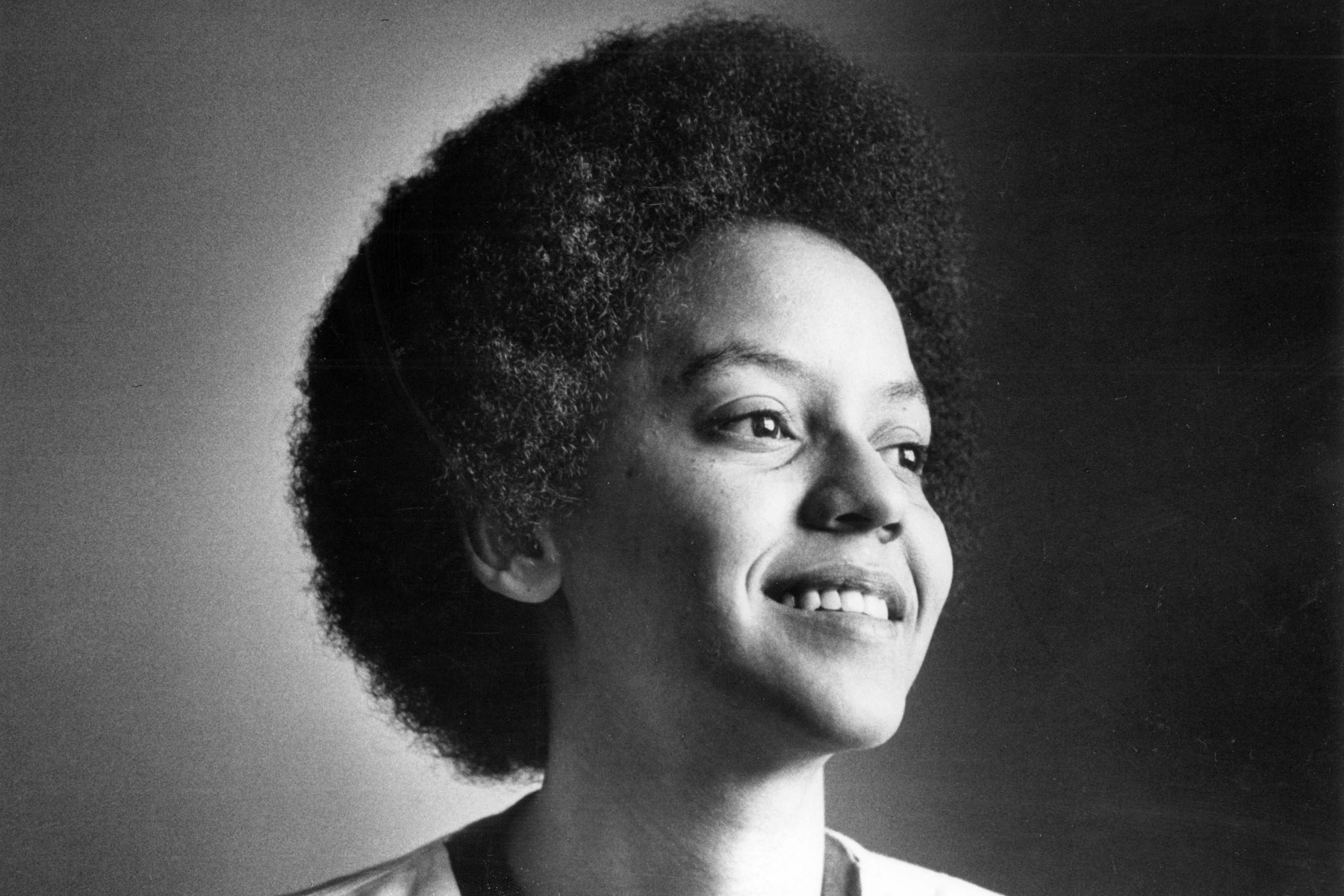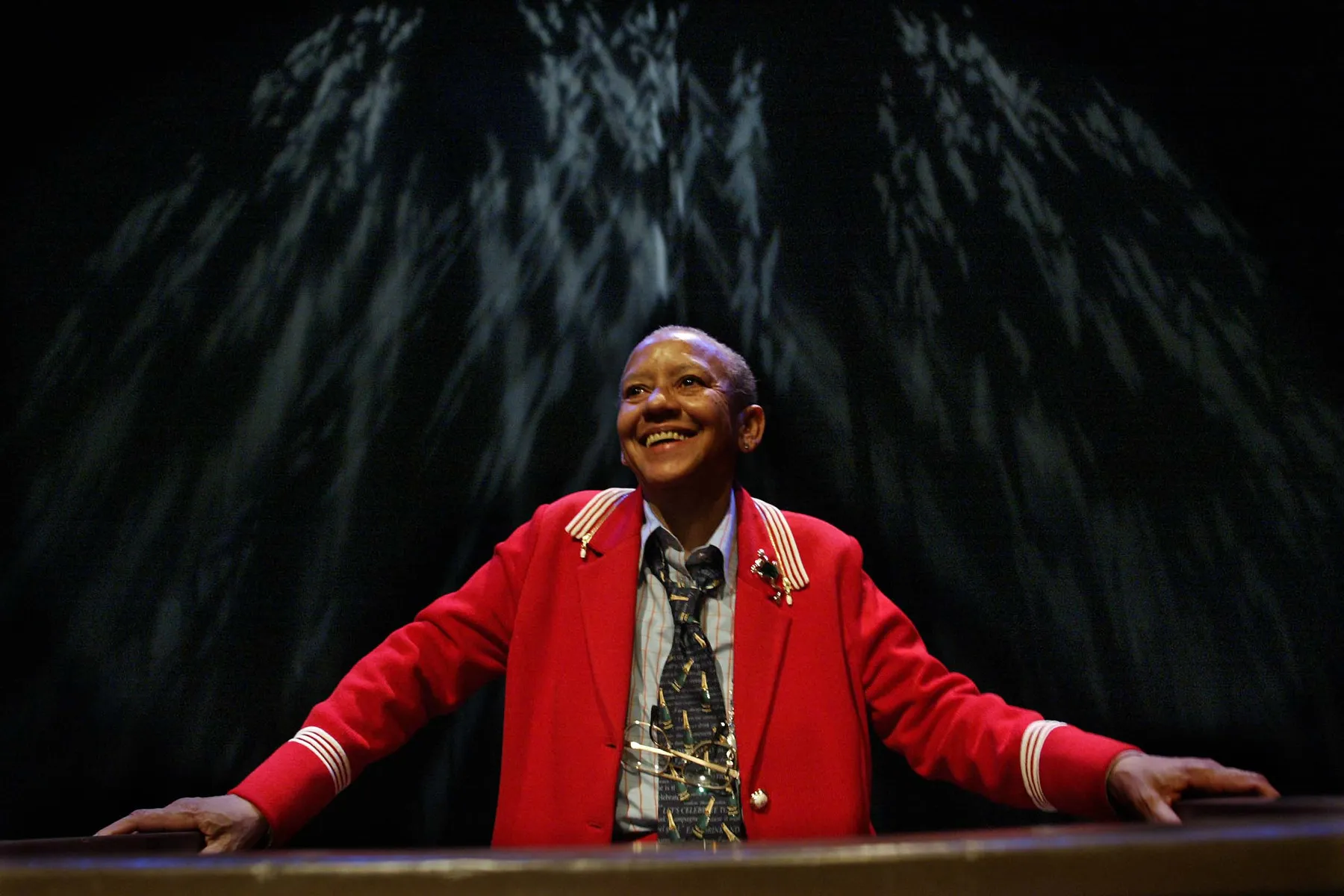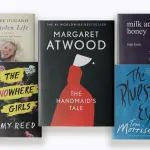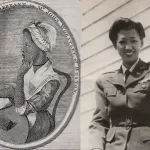Nikki Giovanni, one of the key figures of the Black Arts Movement, has died at 81. Giovanni was a poet, essayist, children’s book author, activist and professor.
Her death in Blacksburg, Virginia, on Monday followed her third cancer diagnosis. The Knoxville, Tennessee, native was born Yolande Cornelia Giovanni Jr., on June 7, 1943, but she grew up mostly in the Cincinnati area. The nickname “Nikki” came from an older sister.
She attended Fisk University, a historically Black college in Nashville, during the politically transformative 1960s. At Fisk, she nurtured her creativity, mingling with Black poets and writers such as Amiri Baraka and Margaret Walker. She also took part in civil rights activism, leading the revival of the local chapter of the Student Nonviolent Coordinating Committee, which fought racial segregation and advocated for voting rights. She graduated from Fisk with a bachelor’s degree in history in 1967.
The next year, Giovanni released her first poetry collection, “Black Feeling Black Talk,” in which she covered a range of themes — from love to loneliness. In 1969, she gave birth to a son named Thomas but did not reveal the father publicly or marry, acts of defiance during that period.
Her debut book cemented her place in the Black Arts Movement of the 1960s and 1970s which strove to make Black art widely accessible and promote Black empowerment. Baraka is credited with spearheading the movement, but other figures include Audre Lorde, Gil Scott-Heron, Ntozake Shange and James Baldwin, whom Giovanni appeared in conversation with on the Black arts and culture program “Soul!” in November 1971 shortly after she had been named “Woman of the Year” by the magazines Ebony and Mademoiselle in 1970 and 1971, respectively. Ladies Home Journal named her “Woman of the Year” in 1973.

In 1971, Giovanni released her memoir, “Gemini: An Extended Autobiographical Statement on My First Twenty-Five Years of Being a Black Poet,” weighing in on the Black Power Movement and relations between men and women. She described growing up seeing her father abuse her mother. As a teen, she moved in with her grandparents in Knoxville to escape the domestic violence in the household.
Giovanni was critical of sexism in the Black Arts Movement, which included writers, musicians, poets, visual artists and actors, among other creatives. Her love of jazz and blues music is said to have influenced her poetry and speaking style.
In the early 1970s, Giovanni’s star rose considerably, with her selling out Alice Tully Hall at Lincoln Center in 1972. Not long afterward, she sold what is now known as David Geffen Hall. In both of these appearances she set her poetry to gospel music with the backing of the New York Community Choir.
“Ego-Tripping,” one of her most famous poems, is an ode to Black womanhood. It includes the following lines:
I was born in the congo
I walked to the fertile crescent and built
the sphinx
I designed a pyramid so tough that a star
that only glows every one hundred years falls
into the center giving divine perfect light
I am bad
The poem was featured on Giovanni’s 1971 album, “Truth is on its Way,” which also includes gospel accompaniment from the New York Community Choir. She wanted to set her words to gospel music in hopes that her grandmother, who enjoyed that genre, would listen. She was told that her more militant poetry — touching on horrors such as Emmett Till’s lynching, the Birmingham church bombing and the Rev. Martin Luther King Jr.’s assassination — did not have universal appeal. In fact, Giovanni said in her memoir that she formed her own publishing company to release her radical poetry because traditional publishers argued there was no market for a young Black woman examining social justice and militant politics.
Her participation in the Black Arts and Black Power movements, however, influenced some of her best-known poetry books such as 1968’s “Black Judgment” and 1983’s “Those Who Ride the Night Winds.”

Breaking through. Rooted in you.
Our journalism remains rooted in the experiences and needs of our community. Support our nonprofit newsroom during our Year-end Impact Drive, and your gift will be matched.
Giovanni taught at Rutgers University and Queens College before joining the faculty of Virginia Tech University in 1987. She met her wife, Virginia C. Fowler, through the institution, but they did not marry until 2016.
At Virginia Tech, Giovanni had a student that she warned others about. In 2007, he murdered 32 people, the largest school shooting in the nation’s history. Giovanni was a featured speaker at the convocation to remember the victims.
Giovanni wrote more than 30 books, with a posthumous title, “The New Book: Poems, Letters, Blurbs, and Things,” scheduled for release next year. Many of her books were for children, including an award-winning illustrated biography of Rosa Parks, simply called “Rosa.”
In 2009, she published the New York Times bestseller “Bicycles: Love Poems.” Among the many recordings she released was 2004’s “The Nikki Giovanni Poetry Collection,” which garnered a Grammy nod. This year, a 2023 film about her life and writing, “Going to Mars: The Nikki Giovanni Project,” won an Emmy for exceptional merit in documentary filmmaking.
Giovanni earned seven NAACP awards and 31 honorary doctorates.
She is survived by Fowler; her son, Thomas Watson Giovanni; and a granddaughter, Kai Giovanni.





